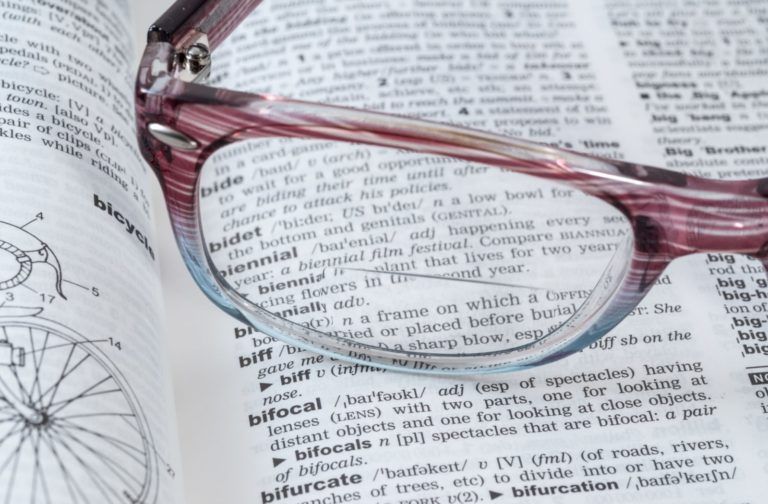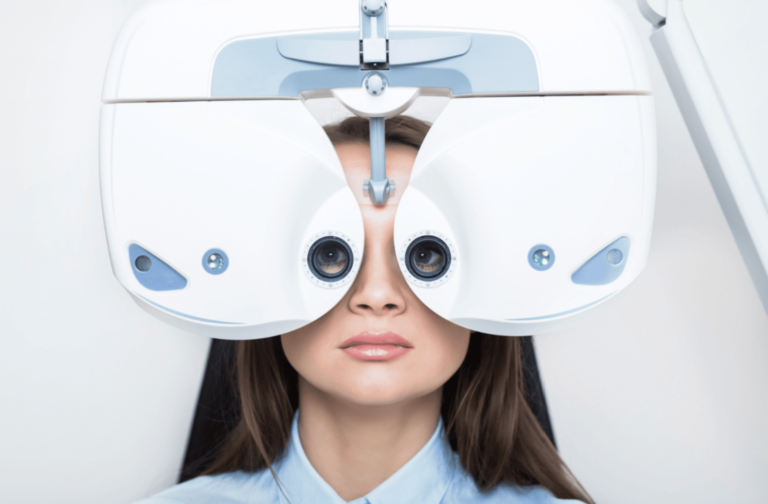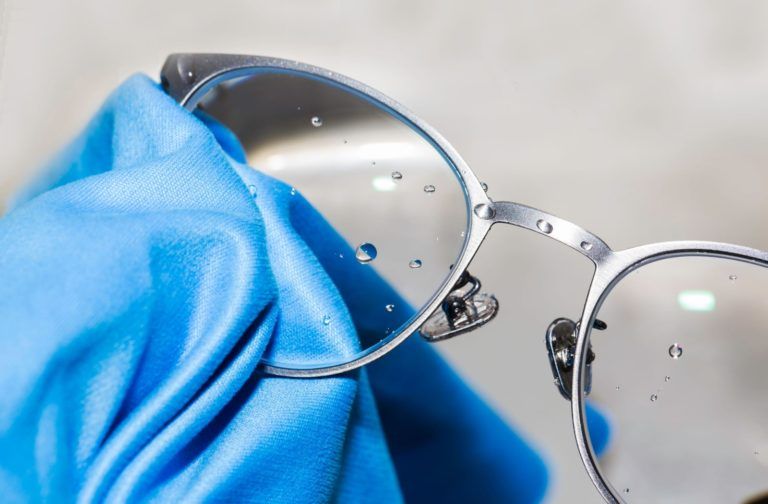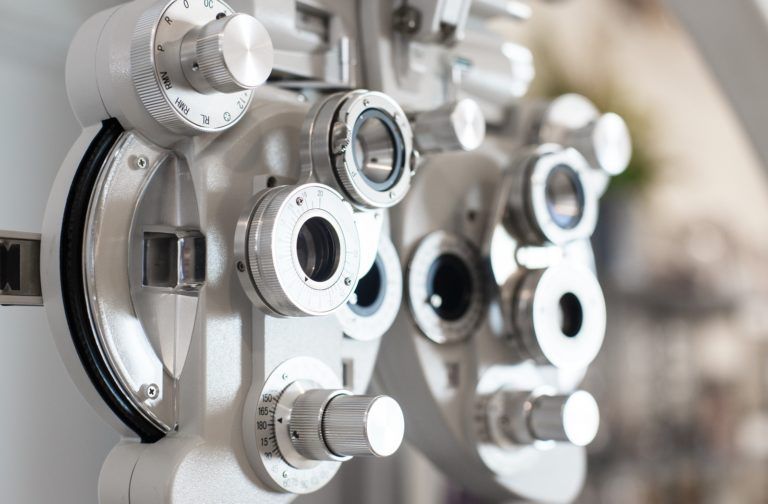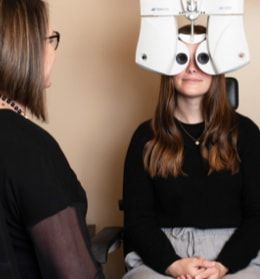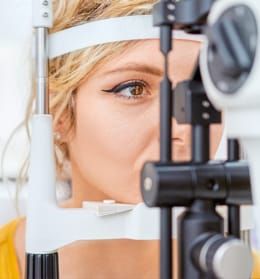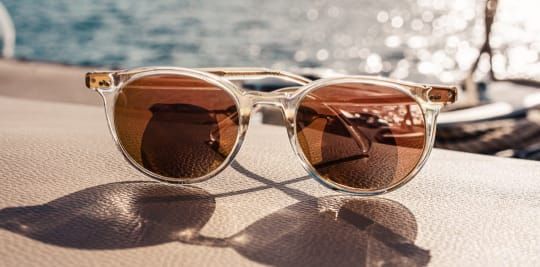Your eyes need protection from the sun, and many people choose to wear polarized sunglasses to help them see more clearly. These lenses can help reduce glare and eyestrain, but are they worth it?
Continue reading to learn more about polarized sunglasses, including how they work and if they’re worth the cost.
What Are Polarized Sunglasses?
Polarized sunglasses reduce glare, helping prevent eye strain when in the sun or near a reflective surface.
Glare is light that enters your eye and interferes with your vision. Light can reflect from different surfaces, like snow or water, irritating and temporarily worsening your vision.
Polarized sunglasses are ideal for people who spend lots of time outdoors. Whether for work or play, these sunglasses can help you feel comfortable and provide better clarity as you go about your day. Polarized sunglasses are helpful all year round, whether you’re around water, snow, or during a cloudy day.
How Do They Work ?
Sunlight reflects off of water, snow, or even the road in many different directions. When bouncing off horizontal surfaces, light travels in the same way. Any glare you experience is typically horizontal light.
Polarized sunglasses have a chemical applied to them to help filter light effectively. These lenses feature vertical openings to filter incoming horizontal light. This chemical allows the lenses to block horizontally traveling light while vertically traveling light passes through.
Polarized sunglasses make images appear slightly darker due to the lens’s filtering, but you can see more detailed images and objects appear crisper and clearer. These sunglasses can help reduce eye strain, allowing you to spend more time outdoors.
What Are Polarized Sunglasses Best For?
Polarized sunglasses are great for everyday use, but they benefit outdoor enthusiasts or people living in snowy climates. These sunglasses are best for the following situations:
- Golfing: Polarized lenses can help reduce glare on the fairway & can help you find balls that have gotten into water hazards
- Fishing: Polarized lenses can effectively limit glare when you’re on the water, helping you see fish
- Boating: Polarized sunglasses can help reduce eyestrain when boating
- Snowy environments: Polarized sunglasses can protect your eyes from the incoming glare off of snow, whether you’re out for a walk, skating, or driving to work
Polarized Sunglasses vs. UV Protection
It’s important to remember that polarized sunglasses aren’t the same as UV-protected sunglasses. Polarized lenses don’t have UV protection unless specifically labeled. However, UV protection by itself won’t make your glasses effective against reflected light.
UV-protected sunglasses protect your eyes from harmful light rays that lead to eye damage and cataracts. Your sunglasses should have 99 or 100% UV protection. Many polarized sunglasses have UV protection, so make sure your preferred lenses include this feature.
Polarized sunglasses are beneficial in many ways, but how do you know if they’re right for you? Looking at the benefits and drawbacks of these lenses can help you make an informed decision. If you’re interested in polarized sunglasses, what are some of their pros and cons?
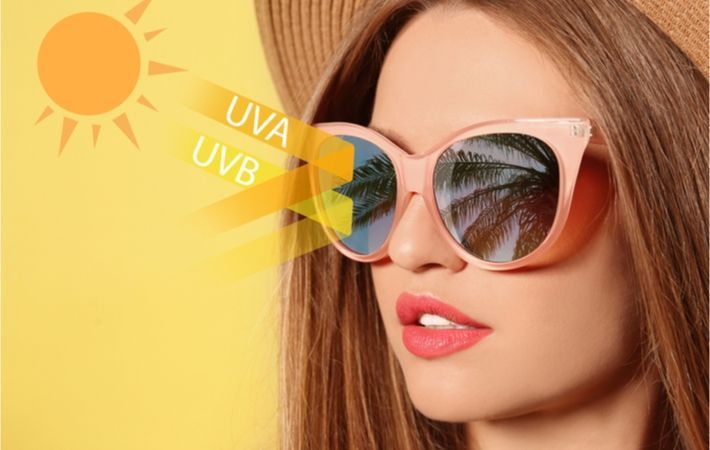
The Pros & Cons of Polarized Sunglasses
Polarized lenses have many benefits, but you may be unsure if they’re worth the money. To help make your final decision, consider some of the pros and cons of these sunglasses.
Pros
There are several advantages to owning a pair of polarized sunglasses,
including:
- Clearer vision
- Increased contrast & minimal color distortion
- Reduced glare & reflection
- Reduced eyestrain
Besides these benefits, polarized lenses are customizable like other sunglasses. Many colors are available, such as gray, which helps images retain their true color, and brown, which enhances greens and blues.
Besides the color of your lens, you can get prescription or non-prescription polarized lenses depending on your needs. If you want to block even more light from entering your eyes, mirror coatings are available for your sunglasses.
Cons
Polarized sunglasses do have their limitations. They aren’t ideal for situations such as:
- Looking at LCD screens
- Flying
- Night time driving
Despite these drawbacks, polarized sunglasses are beneficial if you spend lots of time outdoors or driving for work. If you’re still on the fence, are polarized sunglasses worth it?
Are Polarized Sunglasses Worth It?
Polarized sunglasses are worth it if they meet your lifestyle needs. They’re excellent if you spend time outdoors, live in a snowy climate, or drive a lot. If you’re looking for a pair of polarized sunglasses, remember to ensure they have 99 to 100% UV protection to prevent damage to your eyes.
The best thing you can do is speak to your optometry team if you’re unsure about polarized lenses. They have the knowledge and expertise to help determine if polarized sunglasses are right for your needs.
Find the Right Sunglasses for YoU
The right sunglasses can be more difficult to pick out than you think.
Thankfully, your optometry team can help. If you need a new pair of sunglasses,
contact your optometrist today.
Posted in Sunglasses
Recent Posts
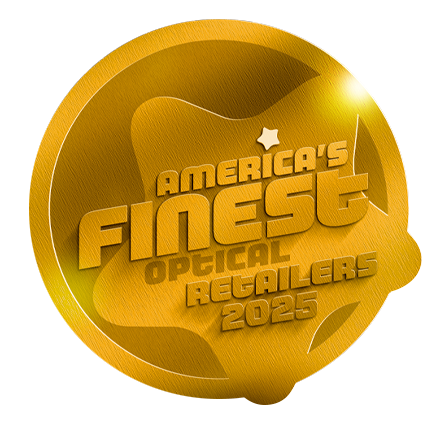


Categories
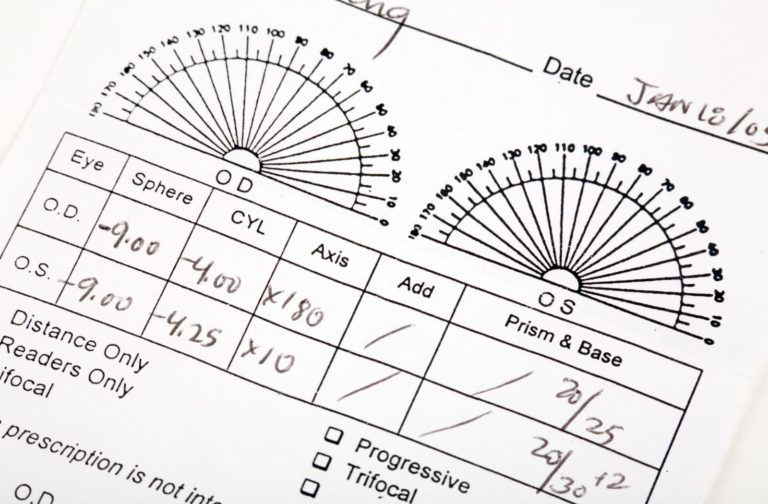


Written by Dr. Melissa McCulley
Dr. McCulley graduated with honor from Boston College in 1997 with a bachelor of science and a major in Spanish and pre-medical studies. She then went on to study optometry and graduated with honors from the Southern College of Optometry in 2001. She has past experience from the University of Minnesota Department of Ophthalmology fitting specialty contact lenses and working with low vision patients. Dr. McCulley is experienced in pediatrics and has a keen interest in treating dry eye.


